KUOPIO, Finland: A pilot study has evaluated the perceived realism and educational value of a novel multilayered drilling plate designed to replicate the tactile and structural properties of dental tissue. The plate was assessed by researchers who are part of the global VR-Haptic Thinkers consortium, a multidisciplinary group devoted to transforming dental education through digital technologies. They reported that the drilling plate holds potential for improving preclinical training, but has some limitations regarding its tactile properties.
Co-author Dr Szabolcs Felszeghy, a clinical lecturer at the Institute of Dentistry of the University of Eastern Finland in Kuopio, explained that, although preclinical training tools are widely used in dental schools around the world, there remains a notable lack of systematic, comparative research evaluating their realism, cost-effectiveness, durability and educational value. Existing preclinical training tools, including virtual reality haptic simulators, often fail to reproduce the tactile distinctions between enamel, dentine and pulp, limiting students’ ability to develop essential fine motor skills.
Developed to enhance preclinical dental training, the multilayered drilling plate incorporates three distinct layers to better mimic the dental tissue. “The aim is to provide students with a model that feels closer to clinical reality,” Dr Felszeghysaid in a press release. “Simulation technologies are increasingly prevalent in dental education; however, conventional dental models are still needed and worth developing,” he added.
The plate was evaluated by 70 dental educators from 14 institutions across four continents regarding drilling quality of the tissue layers, hardness differences between the tissue layers, smoothness of prepared surfaces and visibility of drilling patterns. They found that the plate is a promising tool for preclinical skill development, particularly for students new to handpiece use, offering ergonomic visibility, surface smoothness and intuitive use. However, further research is needed to enhance the tactile realism of the dentine layer and to determine the added value of the drilling plate compared with conventional training tools.
The findings will be presented on Thursday, 21 August, at the 50th annual meeting of the Association for Dental Education in Europe, which will be held in Dublin in Ireland. During the event, the VR-Haptic Thinkers consortium will host a session highlighting innovations at the intersection of virtual reality, haptics and preclinical training.
The study, titled “Optimizing preclinical skill assessment for handpiece-naïve students: A strategic approach”, was published online on 11 August 2025 in Dentistry Journal.
Topics:
Tags:
LEIPZIG, Germany: Artificial intelligence (AI) is transforming healthcare across disciplines, and dentistry is no exception. While its clinical applications...
VADODARA, India: The flow of Eastern philosophical and spiritual systems to the US has, since the 1960s, exerted a well-known and powerful influence on the ...
KUOPIO, Finland: In recent years, virtual reality (VR) and haptic technologies have been increasingly integrated into dental curricula alongside ...
DOHA, Qatar: In the past, studies showed that the technical quality of root canal treatments performed by general dental practitioners and students often ...
KUOPIO, Finland: Once considered science fiction, haptics-enhanced virtual reality (VR) training now plays a supportive role in dental simulation practice ...
LONDON, UK: For dentists in training, options for honing their skills have been historically limited to phantom heads or patients at university dental ...
Live webinar
Tue. 3 March 2026
11:00 am EST (New York)
Dr. Omar Lugo Cirujano Maxilofacial
Live webinar
Tue. 3 March 2026
8:00 pm EST (New York)
Dr. Vasiliki Maseli DDS, MS, EdM
Live webinar
Wed. 4 March 2026
12:00 pm EST (New York)
Munther Sulieman LDS RCS (Eng) BDS (Lond) MSc PhD
Live webinar
Wed. 4 March 2026
1:00 pm EST (New York)
Live webinar
Fri. 6 March 2026
3:00 am EST (New York)
Live webinar
Tue. 10 March 2026
4:00 am EST (New York)
Assoc. Prof. Aaron Davis, Prof. Sarah Baker
Live webinar
Tue. 10 March 2026
8:00 pm EST (New York)
Dr. Vasiliki Maseli DDS, MS, EdM



 Austria / Österreich
Austria / Österreich
 Bosnia and Herzegovina / Босна и Херцеговина
Bosnia and Herzegovina / Босна и Херцеговина
 Bulgaria / България
Bulgaria / България
 Croatia / Hrvatska
Croatia / Hrvatska
 Czech Republic & Slovakia / Česká republika & Slovensko
Czech Republic & Slovakia / Česká republika & Slovensko
 France / France
France / France
 Germany / Deutschland
Germany / Deutschland
 Greece / ΕΛΛΑΔΑ
Greece / ΕΛΛΑΔΑ
 Hungary / Hungary
Hungary / Hungary
 Italy / Italia
Italy / Italia
 Netherlands / Nederland
Netherlands / Nederland
 Nordic / Nordic
Nordic / Nordic
 Poland / Polska
Poland / Polska
 Portugal / Portugal
Portugal / Portugal
 Romania & Moldova / România & Moldova
Romania & Moldova / România & Moldova
 Slovenia / Slovenija
Slovenia / Slovenija
 Serbia & Montenegro / Србија и Црна Гора
Serbia & Montenegro / Србија и Црна Гора
 Spain / España
Spain / España
 Switzerland / Schweiz
Switzerland / Schweiz
 Turkey / Türkiye
Turkey / Türkiye
 UK & Ireland / UK & Ireland
UK & Ireland / UK & Ireland
 Brazil / Brasil
Brazil / Brasil
 Canada / Canada
Canada / Canada
 Latin America / Latinoamérica
Latin America / Latinoamérica
 USA / USA
USA / USA
 China / 中国
China / 中国
 India / भारत गणराज्य
India / भारत गणराज्य
 Pakistan / Pākistān
Pakistan / Pākistān
 Vietnam / Việt Nam
Vietnam / Việt Nam
 ASEAN / ASEAN
ASEAN / ASEAN
 Israel / מְדִינַת יִשְׂרָאֵל
Israel / מְדִינַת יִשְׂרָאֵל
 Algeria, Morocco & Tunisia / الجزائر والمغرب وتونس
Algeria, Morocco & Tunisia / الجزائر والمغرب وتونس
 Middle East / Middle East
Middle East / Middle East
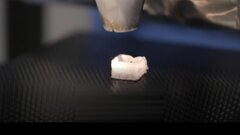



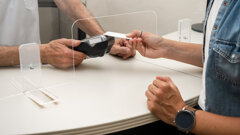
















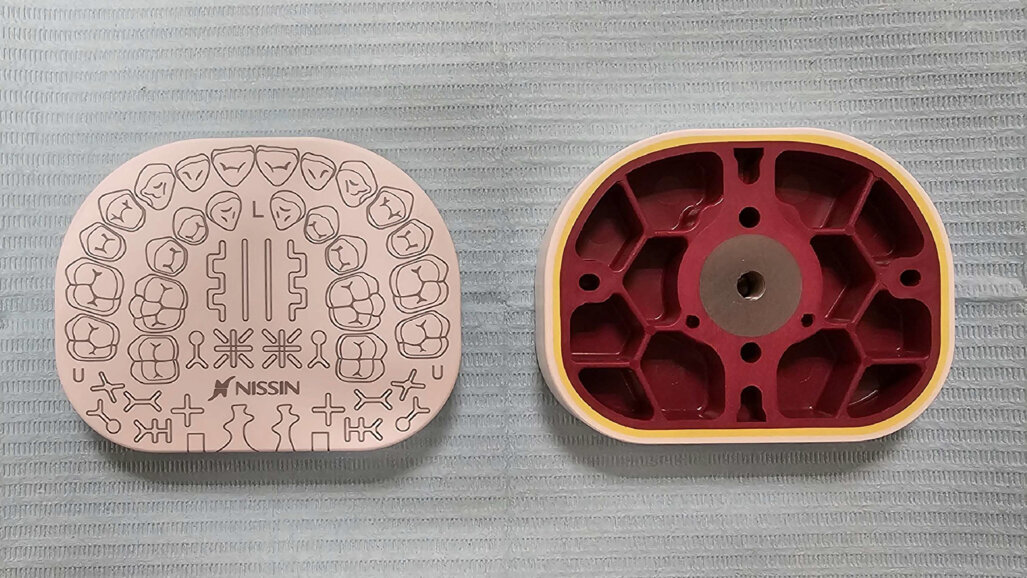



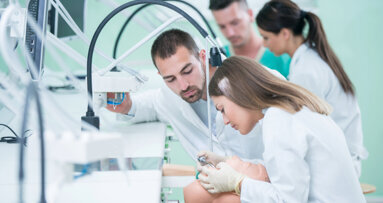


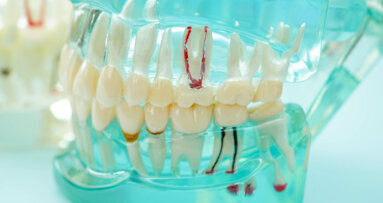









To post a reply please login or register